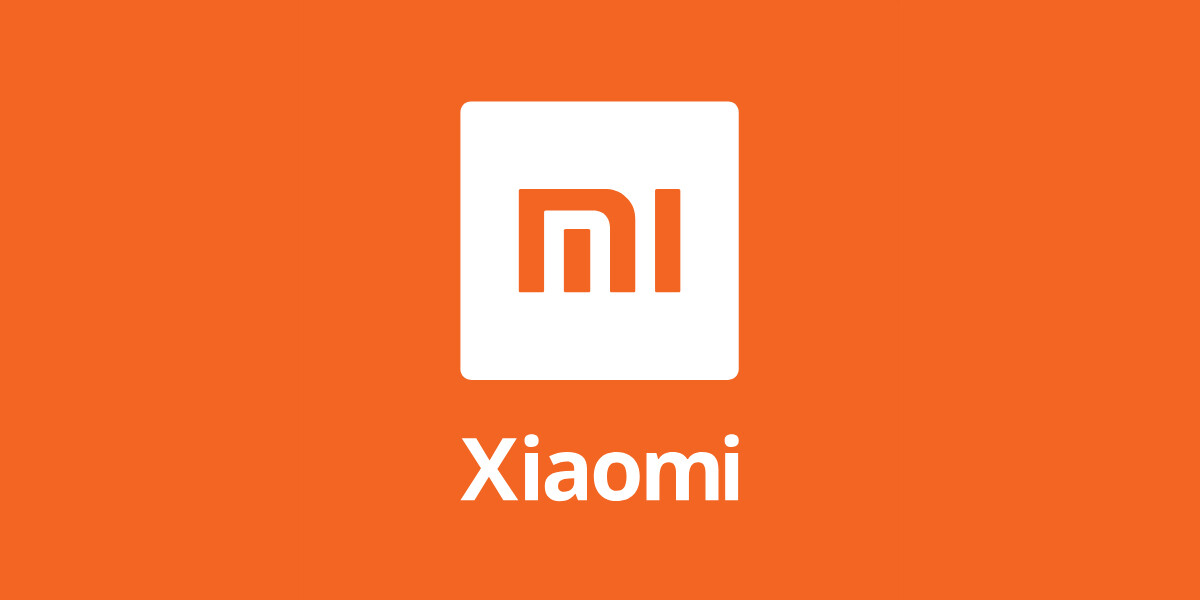
Xiaomi: The Rising Challenger to Apple’s Throne
Apple’s Domestic Rivals
As Cook launched the iPhones, a crop of domestic rivals — from stalwarts Lenovo and Huawei, known for ThinkPad notebooks and network switching gear, to fast-risers unknown in the U.S. — have seized on the opportunity created by Apple’s delay. And one of those companies, called “Xiaomi,” which means “little rice” in Chinese, is waiting in the wings, prepping its own flagship to go toe-to-toe with Apple.
Xiaomi: The Chinese iPhone
Little known outside of Asia, Xiaomi is a juggernaut in the Far East. With billions of citizens already dubbing its smartphone the “Chinese iPhone,” Xiaomi It will certainly beat out the iPhone in China — a testament to, and thorn in the side of, Apple.
Lei Jun’s Vision
“When Steve [Jobs] was alive, he was the best,” Lei Jun, CEO of Xiaomi, told the New York Times in an interview. “Nobody could surpass him. Nothing could surpass the iPhone.” If it sounds like he idolizes Apple, he does — or rather, he did.
Lei’s Entrepreneurial Ventures
A large part of phenomenal growth of Xiaomi lies in the DNA of Lei, a trained engineer and billionaire entrepreneur. He is involved with many things involving many people — Kingsoft, his other billion dollar corporation, Joyo.com, the largest online retailers of books, music and movies in China, which he sold to Amazon for $75 million in 2004, and his lesser but still noteworthy investments in several Chinese start-ups — but they all show a mere portion of the power has come to represent in the technology sector in China.
Xiaomi’s Origin Story
According to the New York Times, while using a Nokia in 2004, Lei said he gave a friend who worked at the Finnish firm over 1,500 suggestions on how to improve its devices. But Nokia did nothing. With that experience, and the realization that smartphones would replace PCs, he founded Xiaomi.
Xiaomi’s Rise in the Market
In less than four years, Xiaomi has become major force in the Chinese smartphone market. At the end of last year, it reported eye-popping $1.6 billion in revenue, on sales of nearly seven million units.
Xiaomi’s Strategy and Success
With Chinese consumers often idolizing, but unable to afford, the Apple brand, Xiaomi has been a willing alternative in the wings, ready to offer similar products, with a similar set of features, at a much cheaper price. The resemblance is often so uncanny that its smartphone has been called the “little brother of Apple.” But success of Xiaomi also lies in a marketing strategy that rides on the back of Lei’s fascination with the cult of Apple, and gives Chinese consumers an affordable way to buy into that image.
Xiaomi’s Innovative Approach
While Lei looks to Apple’s success as a blueprint, he added his own innovative touch where he sees Cook fail. One difference is its use of consumers to improve design and debug software. Every Friday at 5 p.m., it releases a round of updates for its version of Android. Within hours, thousands of existing customers give feedback on its forums, which it then integrates in its next round of updates. The company has solicited feedback for everything from the amount of memory to include and the preferred thickness of the shell, to whether a flashlight should be added on the back.
Lei’s Critique of Apple
“Apple is very conceited,” Lei told the New York Times. “Their attitude is, ‘I don’t need any feedback’.” His next challenge will be to sell devices beyond the mainland in Hong Kong, Taiwan and Singapore by year’s end.

